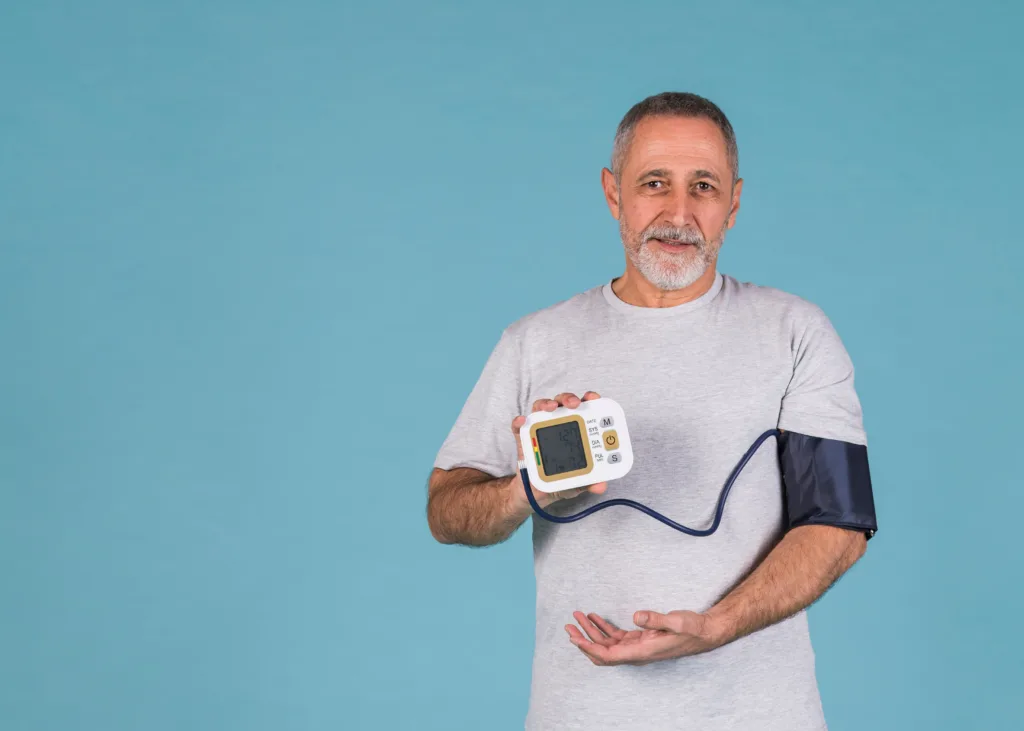In today’s healthcare environment, integrating automation into medical processes is essential for clinics and health facilities. It helps enhance operational efficiency and improve patient outcomes. For example, automation technologies can reduce administrative tasks and optimize workflows, resulting in significant cost savings and more efficient use of resources. According to a study by McKinsey & Company, automation could save the healthcare sector over $150 billion annually by reducing errors and improving care quality. Institutions need to leverage the latest technological advancements to stay competitive. This blog explores the impact of automating medical processes, focusing on operational efficiency, diagnostic accuracy, patient care, and financial performance.
Boosting Operational Efficiency-Automation
Introducing automated systems into medical processes significantly improves the efficiency of healthcare operations. It streamlines routine tasks such as scheduling, billing, and patient record management. Automated tools reduce the need for manual intervention, freeing up valuable time for healthcare professionals to focus on patient care. This results in a more efficient workflow, ensuring optimal use of resources like staff and medical equipment.
Moreover, these technologies minimize human error in administrative tasks, preventing costly mistakes. Automated systems provide real-time data for making informed decisions, further enhancing operational efficiency. As patient volumes grow, these systems scale to handle increased workloads without sacrificing quality or speed.
Enhancing Diagnostic Accuracy
Technology plays a crucial role in improving the accuracy of medical diagnoses. Advanced diagnostic tools, including AI and machine learning algorithms, analyze vast datasets quickly and accurately. This reduces the likelihood of misdiagnosis and facilitates early disease detection, leading to more effective treatment.
Additionally, integrating data from various sources, such as electronic health records (EHRs) and lab results, provides a comprehensive view of a patient’s health, helping clinicians make better decisions. Personalized treatment plans can be developed based on these analyses, improving patient satisfaction and health outcomes.

Improving Patient Care and Experience
Automated processes enhance patient care by streamlining communication, reducing wait times, and improving the overall experience. Tools such as appointment reminders and follow-up notifications ensure patients adhere to their treatment plans, which is crucial for achieving positive health outcomes.
Furthermore, these innovations improve the accuracy and efficiency of patient documentation, providing clinicians with up-to-date information necessary for delivering high-quality care. In emergencies, quick access to accurate patient records can be life-saving, and these systems ensure that this information is readily available.

Additionally, they enhance communication between departments and healthcare providers, leading to better coordination and improved patient safety. Automation allows for a more personalized approach to healthcare, where patient progress is continuously monitored and treatment plans are adjusted as needed.
Financial Benefits of Automation
The financial impact of these advancements in healthcare is substantial. By streamlining operations and reducing errors, health facilities can achieve significant cost savings. Automated billing systems expedite payment processing, improving cash flow and revenue cycles, which is especially beneficial for smaller clinics.
Moreover, reducing the risk of costly errors in coding and documentation minimizes denied insurance claims and lost revenue. The insights provided by these systems enable better financial decision-making, helping institutions allocate resources more effectively and plan strategically.
Institutions that implement these solutions can handle more patients efficiently, increasing revenue while maintaining high-quality care. Additionally, these technologies enhance patient satisfaction and retention, leading to higher patient volumes and further financial gains.
Why Esvyda is the Best Choice for Institutions
As a leader in healthcare technology, Esvyda offers comprehensive solutions that integrate the latest advancements into medical processes. Esvyda’s platforms improve operational efficiency, enhance diagnostic accuracy, and optimize patient care while delivering financial benefits. By choosing Esvyda, health facilities can ensure they remain competitive and capable of delivering the highest quality care.
Download this artice
Automation in Medical Processes and Its Health Impact.
In today's healthcare environment, integrating automation into medical processes is essential for clinics and health facilities.
Furthermore, it helps enhance operational efficiency and improve patient outcomes.



2 responses to “Automation in Medical Processes and Its Health Impact”
Automating healthcare sounds efficient, but won’t this remove the human touch from medicine? I worry patients will just become numbers in a system.
Valid concern Yusuf! Our automation is designed to handle repetitive tasks (like data entry, vital signs measurement, and appointment reminders), freeing up clinicians to spend more quality time with patients. Studies show it actually increases patient-provider interaction.